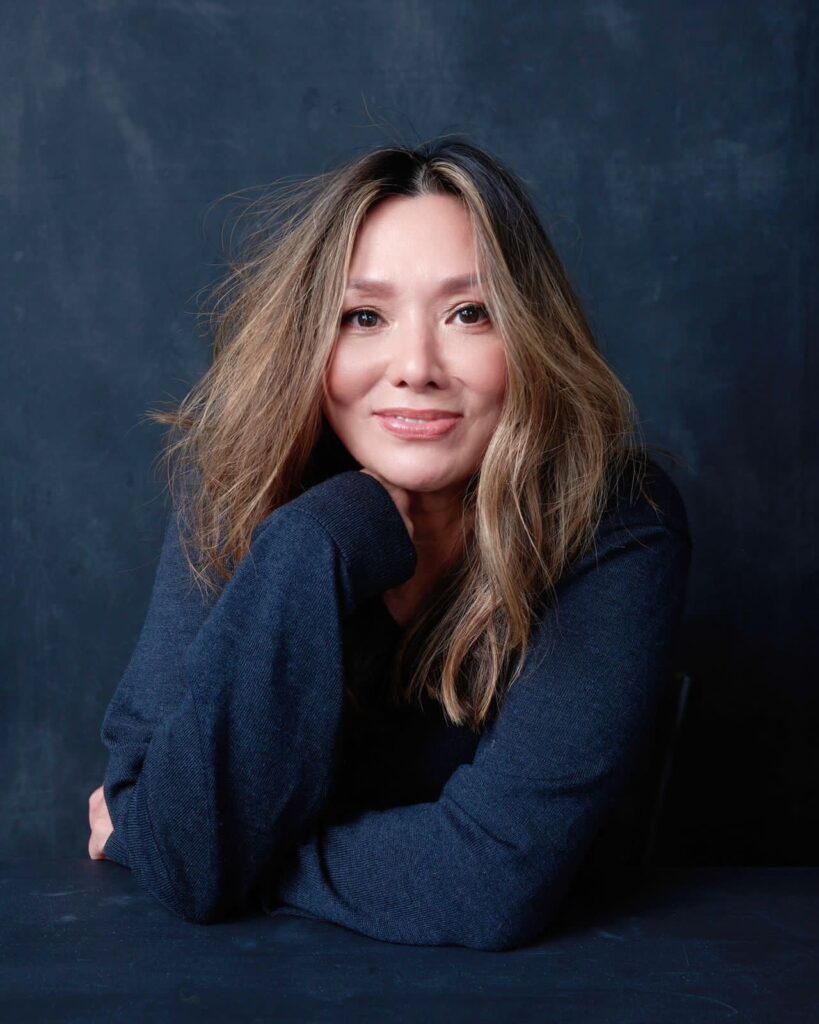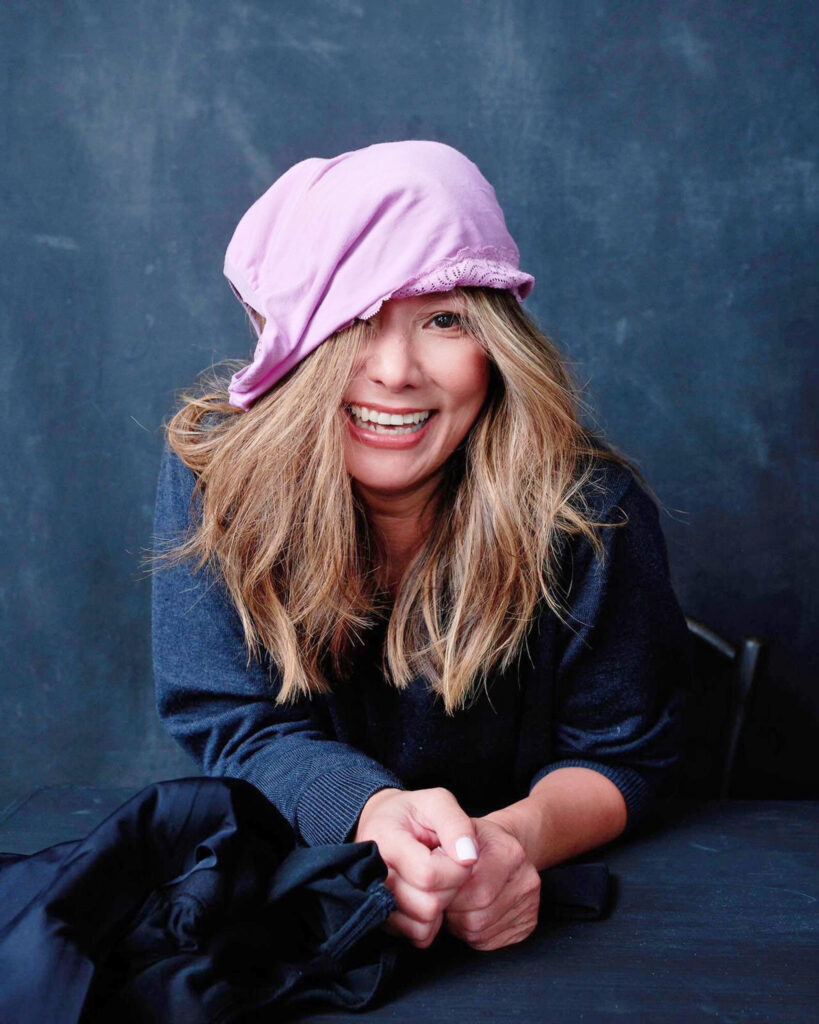Have you ever tried talking about menstruation in public that people appear to be disgusted just by hearing it?
Leigh Carcel wanted to fill in that big gap with Ecoflo, a brand that offers healthy and eco-friendly alternative to disposable feminine pads.
“I wanted to open up the discussion on taboo topics. Because, why not? Periods shouldn’t be embarrassing to talk about because all women experience that,” Carcel said in DAILY TRIBUNE’s digital show Pairfect.
But what is a period underwear exactly? These are absorbent garments designed to be worn during menstruation. In the case of Ecoflo, the underwear also targets the issue of incontinence, which Harvard Health describes as leakage of urine or period from physical force on the bladder.
“Period underwear is meant to be a complete replacement for feminine pads or tampons. They’re meant to absorb as much as basically as 30 ml. There’s the lighter flow, medium and the heavier flow. It can absorb different types of flows,” Cartel said.
An average woman has a normal menstrual period of five days with a flow equivalent of two to three tablespoons. People with heavier flow, meanwhile, have about seven to eight days.
“It’s quite shocking that the Philippines has overtaken Indonesia and China as the number one contributor to ocean plastic pollution in the world. We contribute about a third of the world’s ocean plastic pollution. Unfortunately, feminine pads, for example, take about seven to 800 years to decompose in landfills. That’s bad enough that it’s there in landfill for that long. A lot of this actually goes to the water as well. Ecoflo is a complete replacement for these products,” she said.

Gamechanger
Carcel, who previously was in banking industry for almost 12 years, was traveling to Australia visiting her sister when she suffered from a spinal injury.
“I fell down after a long flight of steps and sort of banged my own one vertebrae. When I woke up from surgery, the surgeon said I couldn’t walk again. That was quite shocking. But in any case, to cut the long story short, I was able to start feeling my legs and had a little bit of movement after a month. But I was in hospital for three months,” she said.
Since being discharged, Carcel went to intensive rehabilitation for another seven months.
“It was five days a week and three hours a day. This is when I discovered my bladder was just like how pregnant women are post pregnancy. Women, a lot of them, have mild incontinence. I had to wear adult diapers. It was so uncomfortable. I couldn’t wear like nice leggings or shorts. So, a friend of mine, who was an environmentalist, actually said to try leakproof period underwear. And I did. It was a gamechanger,” Carcel said.
Then, Carcel started using it for her period.
“It worked. I thought ‘wow, this is a wonderful product that I only just found out. I wonder why not many people are using it.’ In fact, it is already available in a lot of countries. There’s a market, many women are looking for it. It’s just that they just don’t know where.”
Investing in herself
“(The year) 2020 was the pandemic. I didn’t start the business until then. Within that time, I was still in Australia investing in small startup companies, which I love doing. I met many women founders. And then the pandemic was over. I had more energy after. I thought, you know, I invest in all these startups, why not invest in myself? So, I did. I had a product that I believed in,” she said.
Setting up your business is something quite exciting and terrifying at the same time, Carcel said. “I research as much as I can, try to test it out on friends and family. Slowly I gained the confidence to go ahead with it. It’s been a journey so far. I never actually realized how complicated it is.”
Carcel said living in Australia helped her be more eco-conscious.
“I do believe that we should all be at some point. We don’t have to think about completely changing the world. But there are things that we can do like to help contribute to it. Philippines as the number one ocean plastic polluter? We want to change that. I hope that a lot more companies will get into the same kind of mindset,” she said.
